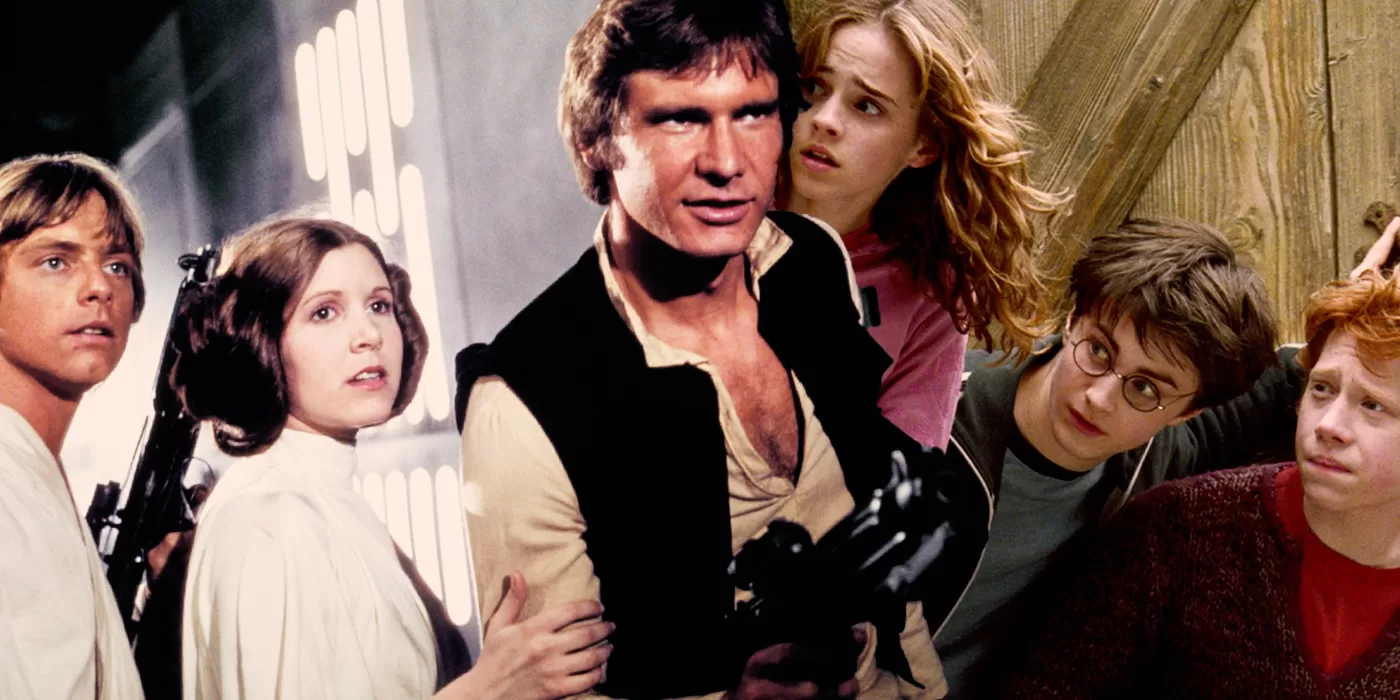Ryûsuke Hamaguchi is no stranger to patient storytelling. His Academy-Award-winning film Drive My Car thrives on just that — a 3-hour saga chronicling the journey to acceptance, the shared magic of earnest communication, and the joy (and visual importance) that a little red car can possess as it drives back and forth along the roads of Hiroshima. Hamaguchi’s quiet, unfettered, and unfrilled display of human existence has become his trademark filmmaking style — something wholely unique to him in his own right.
In his newest film, Evil Does Not Exist, he once again solidifies his place amongst the elite of global filmmakers as he explores the never-ending relationship between humans and nature — how they coexist, how they feed off of one another, and if they can, in fact, live peacefully amongst one another. It also mysteriously suggests that, opposite to the title, evil does exist in evolving shuddering shades of grey.
‘Evil Does Not Exist’ Is a Serene Exploration of the Uneasy

Hamaguchi departs from the lengthy storytelling style of his previous film and effectively and efficiently uses all 106 minutes of Evil Does Not Exist to eloquently adventure into themes of nature, man, and evil — and how all of those woeful ideas intersect in ways that might not be apparent at first glance. With a score that feels as instinctive as the prolonged shots of the sky and the forest that the film continually returns to, Hamaguchi effortlessly offers up a gorgeous and quaint narrative that takes an abrasive turn during the final moments.
Takumi (Hitoshi Omika), and his daughter Hana (Ryô Nishikawa), live peacefully in a rural suburb of Tokyo. He spends his days chopping wood and collecting stream water to supply to the local noodle shop — water that is far superior to that of the available tap water — and is continually late to pick up his daughter from school.
In the introductory 10 minutes of the film not a word is spoken. Peace resides over the daily activities, allowing the viewer to become one with the nature on display. While some may find the passive pace grating, I found it to be methodical and hypnotizing — something Hamaguchi has become so good at translating in his films.
An Ecological and Corporate Parable Done Right

Takumi’s seemingly serene existence is quickly interrupted by a corporate, greed-seeking Tokyo-based company looking to overtake land near his home. The land — that possesses a blissful lake and well-used deer trail — is going to be turned into a “glamping” area for well-off tourists from Tokyo. It’s quickly easy to see Hamaguchi’s painstaking argument regarding the division between humans and nature that he is fervently putting on display during the film.
As the company calls a town hall to hear the opinions of the residents on the new project before breaking ground, the locals raise great concerns, soon realizing that the septic tank slated for the space will pollute the water source nearby. In an effort to appease the townsfolk, the PR reps — who turn out to merely work for a TV agency that has decided to diversify their business strategies — offer Takumi to be the “caretaker” of the “glamping” site.
Evil Isn’t So Easy To Distinguish in ‘Evil Does Not Exist’

In trying to convince him of the benefits of taking the role, the reps spend time with Takumi — they join him in chopping wood, collecting stream water in the forest, and eating at the local noodle shop to which they’ve just supplied cooking water. Their self-realization is quickly apparent, baffled by the fact they would ever want to impede on such an enchanted, natural space. They are overcome with the naturalistic beauty that the world around them has to offer.
The ideas of corporate greed, business overreach, and any other capitalism-fueled thought you can think up are all on display by Hamaguchi in wonderful fashion. It’s impossible to separate the euphoric score and visuals from the underlying mission of tearing it all down to generate revenue. And that’s the point. Yet there is an additional layer to Evil Does Not Exist that is nearly incomprehensible. Opaque, mysterious, and ambiguous that hasn’t left my brain since I saw the film.
An endearing narrative regarding ecological destruction turns into a film riddled with allegories, metaphors, and foreshadowing that is in pursuit of determining the bountiful shades of grey in humanity’s evil — or perceived lack thereof. Is there an evil tied to every single decision? If so, how intentional is it? And is it possible to evade it? To escape it. To notice it. Run away from it, and make right for what’s already been committed.
The Movie Goes to a Deep, Dark Place
With a truly haunting final 10 minutes, that profoundly juxtaposes that of the opening 10 minutes described above, the film occupies the same existence as a quaint stream continually rushing through your mind — in all seasons, trickly, meandering, and roaming, never to be ceased and always to present a new way for it to be viewed. I’m still unsure of my final conclusions and I think that is part of the riveting mystery at the heart of Hamaguchi’s naturalistic, mesmerizing thriller.
The film is sure to frustrate some and engage others, but, whatever your final thoughts are after having seen it, to live in a time in which Ryûsuke Hamaguchi is creating poetic works of art such as this is a true delight. Evil Does Not Exist might not meet the heights of 2021’s Drive My Car, which is a true modern-day masterpiece, but it offers up filmmaking and narrative exploration unlike anything else being created right now.
Follow the Agents of Fandom socials for all the latest entertainment news and reviews.
'Evil Does Not Exist' Review
'Evil Does Not Exist' ReviewThe Good
- A bonkers ending will leave you wondering what it all meant and what happens next.
- The film contains multitudes, engaging the viewer to think deeply about what is really being said during each methodical scene.
The Bad
- While I personally reveled in it, the slower pace can be less engaging for some.











